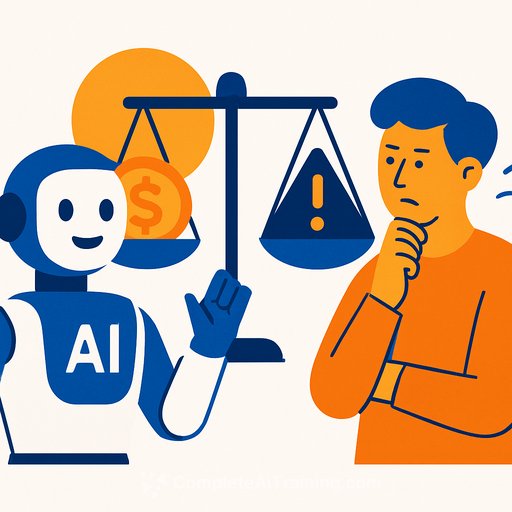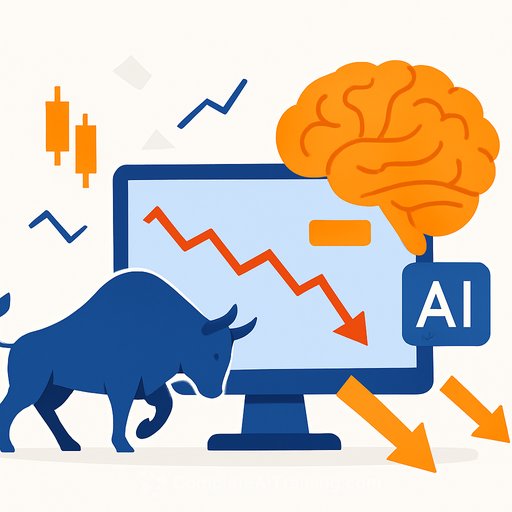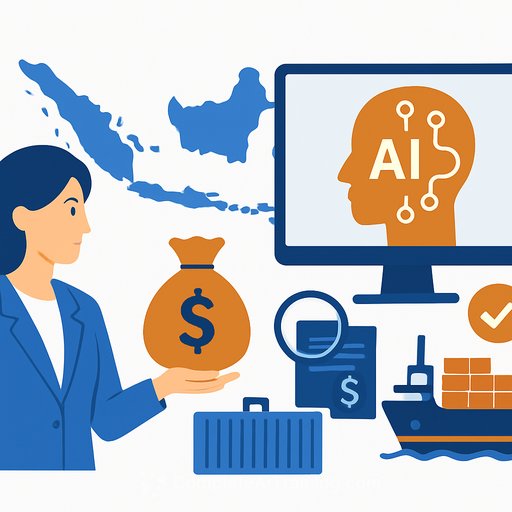AI-Powered Personal Finance: Benefits and Cautions
Access to financial advice has been easy for some time, but artificial intelligence has pushed the potential of personal finance tools to new levels. AI can offer quick budgeting help, investment ideas, and savings strategies. However, this convenience comes with risks that finance professionals and consumers should recognize.
AI as a First Draft, Not the Final Word
Monisha Sharma, chief revenue officer at Fig Financial, points out that AI is helpful, especially for creating initial budgets or financial plans. Fig uses AI internally to speed up loan approvals while relying on its own data to reduce errors. But consumer-facing AI tools like ChatGPT are far from flawless.
Research from MIT’s Laboratory for Financial Engineering shows AI has promise in financial advice but still struggles with accuracy and reliability. This means AI-generated suggestions need human oversight and fact-checking to avoid costly mistakes.
Beware of AI "Hallucinations"
Generative AI models can produce “hallucinations” — incorrect or fabricated information. These errors vary widely, with error rates reported between less than 1% and nearly 30%, depending on the tool. When managing money, trusting inaccurate data can lead to serious financial setbacks.
Jessica Moorhouse, a financial counsellor and author, emphasizes caution. Unlike meal planning, financial decisions are complex and emotionally charged. AI might offer good starting points but can’t replace human judgment or tailored advice.
Who’s Using AI for Finance?
A recent BMO study found that about one-third of Canadians use generative AI for financial literacy, with younger individuals being more inclined to seek AI advice. The trend shows AI is becoming a common tool for understanding money better, but it is primarily a supplement, not a replacement for professional guidance.
Practical Uses and Limitations
Christi Posner, a fintech strategist, notes that AI simplifies complex topics and makes money management more approachable. It can quickly generate budgets, suggest savings methods, and explain investment options in plain language. It even forecasts if you’re on track for retirement based on your data.
AI tools can save time on tasks like comparing mortgage rates or planning travel, making these processes less stressful. For example, research by Adyen reveals many users rely on AI to create personalized travel itineraries in seconds.
Human Judgment Remains Essential
Despite AI’s capabilities, people still prefer human advice for nuanced insights. AI can’t grasp emotional factors behind financial decisions or enforce discipline. It can highlight where to reduce expenses but doesn’t know which costs bring value or happiness.
Posner explains that AI offers a non-judgmental way to discuss money and debt, making financial conversations less intimidating. But it can’t replace the empathy, experience, and personalized understanding a human advisor provides.
Key Takeaways for Finance Professionals
- Use AI as a tool to generate initial ideas and streamline routine tasks.
- Always verify AI-generated advice and data against reliable sources.
- Recognize AI’s limitations in emotional and behavioral aspects of financial planning.
- Combine AI insights with professional judgment to deliver responsible advice.
- Educate clients on how to use AI safely for financial literacy without over-relying on it.
AI can enhance personal finance management if used thoughtfully. For professionals interested in learning more about AI tools and applications in finance, exploring specialized courses can provide valuable skills and knowledge. Visit Complete AI Training’s finance AI tools for more resources.
Your membership also unlocks:






